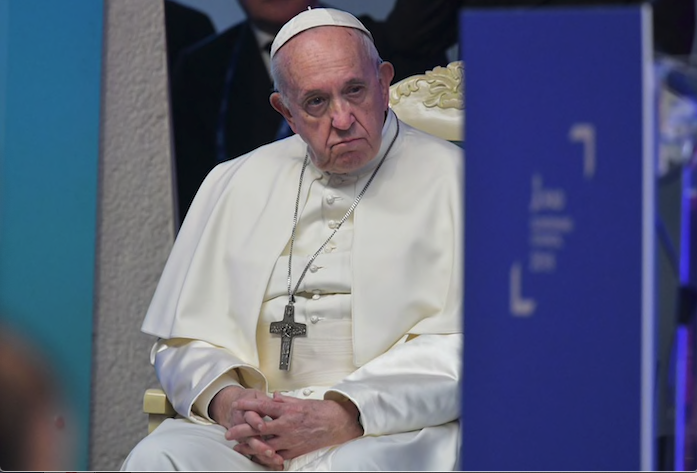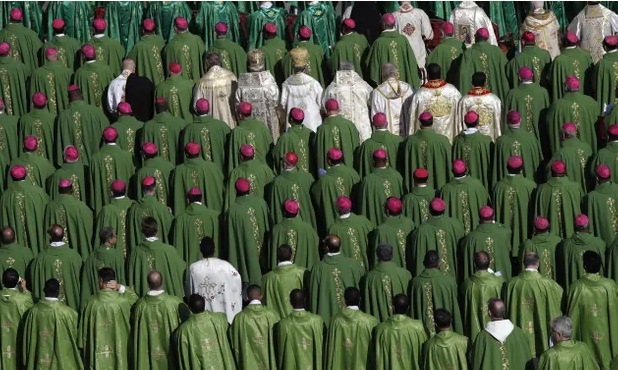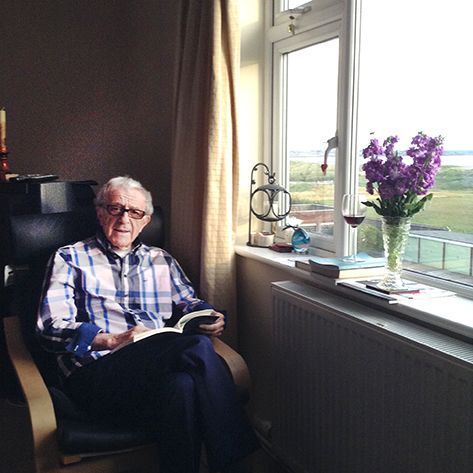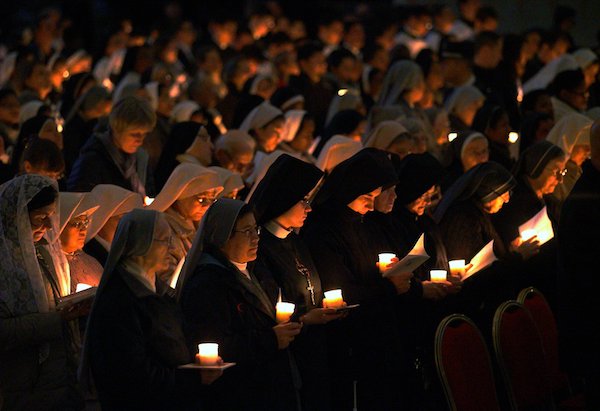
By
The New York Times published an extraordinary article this week based on interviews with two dozen gay Catholic priests and seminarians in 13 states. “Out” men and women today are often widely admired, but most of the interviews had to be conducted anonymously because the Vatican still treats homosexuality as “objectively disordered” — a policy that persists even though the representation of gay men in the priesthood is higher, probably far higher, than in the general population.
The relevant catechism about sexuality does not condemn people with “deep-seated homosexual tendencies,” just those who act on those tendencies. In other words, you can be gay so long as you don’t do anything about it. The Times article rightly presents this distinction as a trial for the priests involved — one of the last major throwbacks to the era of “the love that dare not speak its name” (as Oscar Wilde’s partner, Lord Alfred Douglas, put it). But I wondered how the church’s policy on homosexuality affects men and women, as well as boys and girls, who are not priests.
The gay priest is required, generally, to uphold the official teaching of his church and of his superiors, making him a collaborator in the suppression of his gay brothers and sisters outside the clergy. In this way, without intending to, the victimized become victimizers. How does that play out, to take an example, in the confessional? If a penitent confesses homosexual activity to a gay priest, does the priest channel God’s forgiveness of a sin that he does not himself consider a sin? This is just one of the many ways in which we Catholics, if we refrain from criticizing this particular stance of our church, contribute to the persecution of the LGBTQ community.
The deepest irony is that a priest who is required to go against his nature is told that he must do this because of “natural law.” The church’s quaint theory of natural law is that the first biological use of an activity is the only permissible use of that activity. If the biological use of sex is for procreation, any other use is “against nature.”
The absurdity of this view is made clear by considering the first biological use for eating: the sustenance of life. If every other use of nutrition is against nature, then any diet beyond what is consumed for life-maintenance is a sin — in other words, no wedding cakes, no champagne toasts. Yet the church continues to adhere to so-called natural law because it underpins doctrine on all sexual matters, including the condemnations of abortion, contraception, in vitro fertilization and stem-cell research.
Given the stakes in these and other matters, the ban on gay sex involves a larger “church teaching” than the single matter of homosexuality.
Priests and bishops who cover up male homosexuality are prone to a mutual blackmail with those who commit and conceal heterosexual acts by the clergy — sometimes involving women, including nuns, who have been victimized by priests. The Times’s portrait of gay priests was followed by a powerful Feb. 18 article revealing that the church has internal policies for dealing with priests who father children. The Vatican confirmed, apparently for the first time, that a priest with progeny is encouraged to ask for release from his ministry “to assume his responsibilities as a parent by devoting himself exclusively to the child” — there being no requirement in canon law that a priest perform this basic act of love for his offspring and the child’s mother.
Secrecy in one clerical area intersects with secrecy in others. There is an implicit pledge that “your secret is safe with my secret.” If there are gay nuns — and why would there not be? — that adds another strand to the interweavings of concealment.
The trouble with any culture that maintains layer upon layer of deflected inspections is that, when so many people are guarding their own secrets, the deep examination of an institution becomes nearly impossible. The secrecies are too interdependent. Truly opening one realm of secrecy and addressing it may lead to an implosion of the entire system. That is the real problem faced this week by Pope Francis and the church leaders he has summoned from around the world for a conference at the Vatican to consider the labyrinthine and long-standing scandals of clerical sex abuse.
Complete Article ↪HERE↩!





